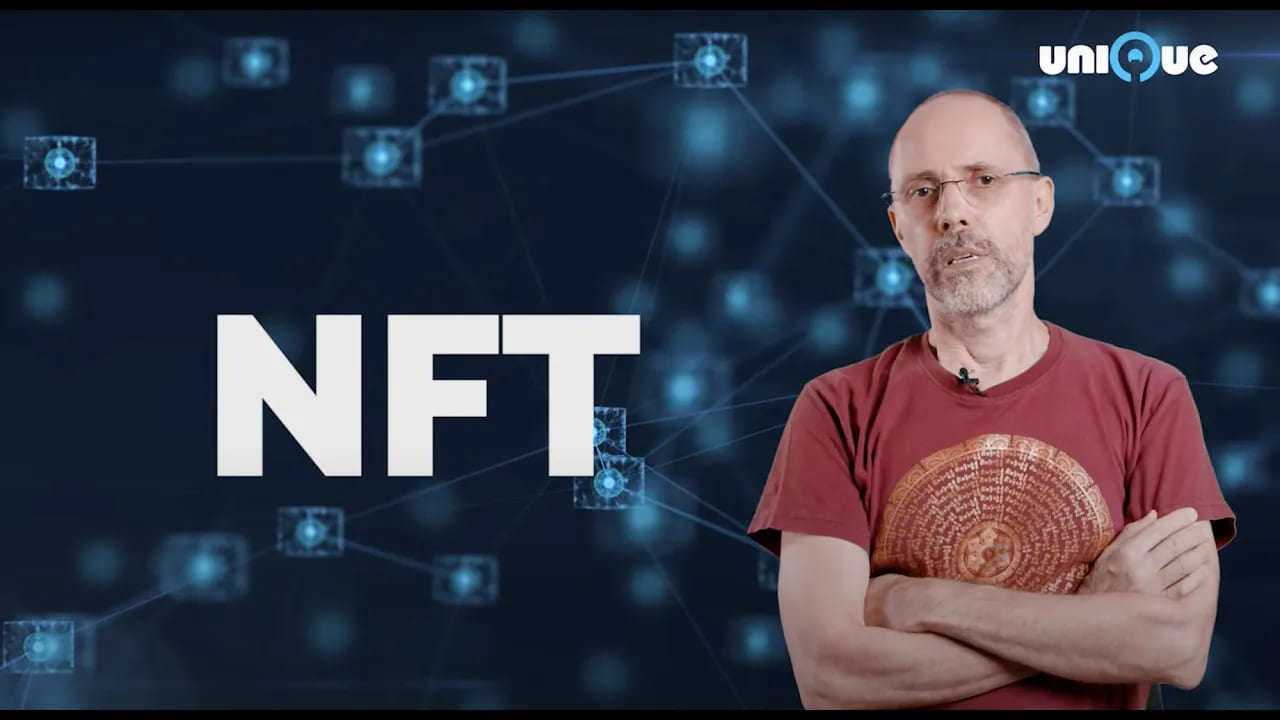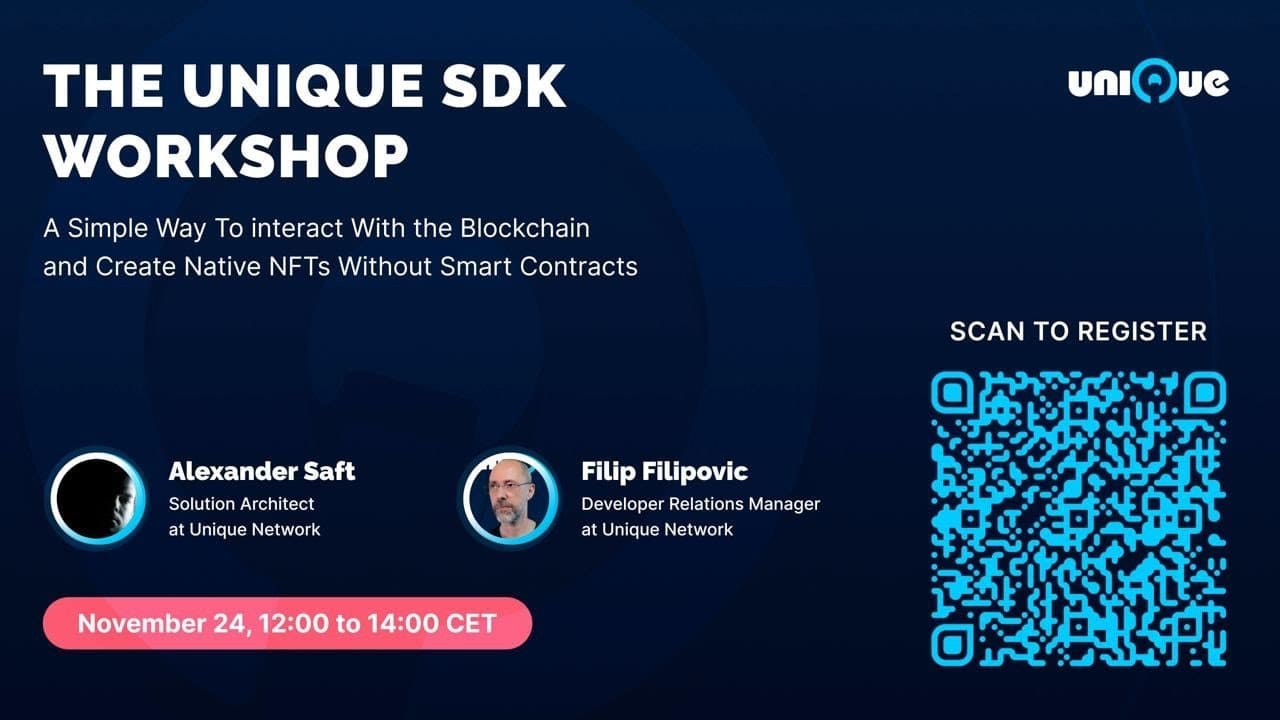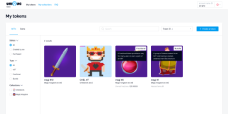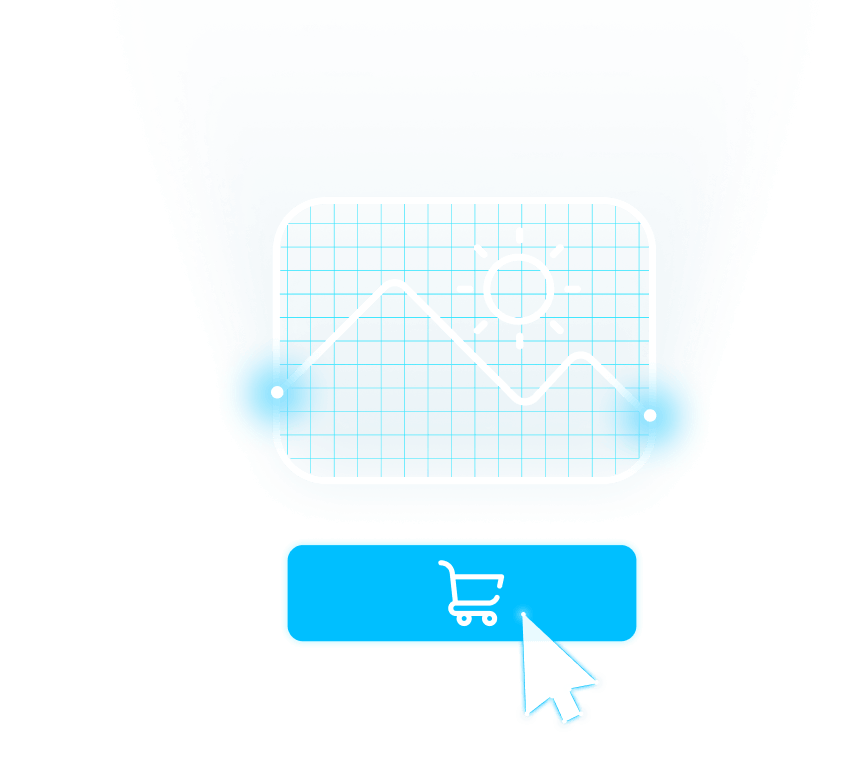At the heart of every consumer transaction lies a complex interplay of human psychology, desires, and motivations. Whether a daily essential or an unconventional asset, our purchases reveal our fundamental nature. Understanding why people buy goes beyond surface-level transactions; it provides insight into the intricate threads of human behavior and motivations.
The psychology of purchasing
Buying is deeply ingrained in our lives and is driven by various factors, such as fulfilling our needs and wants. Researchers have studied the psychology of purchasing, including theories like Maslow's Hierarchy of Needs, which outlines different levels of human aspirations, ranging from basic survival to self-fulfillment. Purchases often reflect these needs as people look for products that meet their requirements and enhance their overall well-being based on these aspirations.
Beyond need and necessity, emotional gratification often intertwines with purchasing. This dynamic aspect acknowledges that our buying decisions are shaped by the acquisition's joy, excitement, and satisfaction rather than being solely driven by practicality.

The Role of Identity
Moreover, the items we buy become an extension of our identity. They act as statements of personal style, interests, and affiliations. This affiliation with products communicates our individuality and serves as a mechanism for societal connection as we identify with groups with similar preferences.
In the subsequent sections of this article, we explore the concept of purchasing, focusing specifically on the growing culture of buying digitized assets specifically - why do people buy NFTs? By dissecting the psychological underpinnings that drive people to invest in these unique digital assets, we aim to uncover the intricacies of human behavior in the age of Web3.
Why Do People Buy Digital Assets?
In an era characterized by technological leaps, ownership has undergone a remarkable transformation — and the shift from physical to digital ownership is emblematic of this evolution. As individuals increasingly find themselves navigating digital landscapes, the notion of tangibility has taken on a new form—one that goes beyond the confines of the physical domain.
The paradox of tangibility in this digital era might seem perplexing at first glance — how can one genuinely own an asset that lacks a tangible form? Yet, this paradox is at the core of the virtual asset revolution. Owning a digital asset transcends mere possession; it signifies ownership of a unique cryptographic representation backed by decentralized technology.
The Shift to Digital Ownership
As traditional assets compete with their digital counterparts, we're beginning to witness a shift in the perception of ownership. The convenience, security, and potential for value appreciation inherent in virtual assets have prompted many to embrace this new form of ownership. But this shift isn't merely transactional; it reflects the evolving ways we relate to our belongings in a rapidly digitizing world.

The Rise of Cryptocurrencies
Cryptocurrencies stand at the forefront of this transformation, with Bitcoin being the trailblazing pioneer. Crypto, often called the 'digital gold,' has unlocked a new value storage and transfer dimension. The allure of decentralization, security, and the potential to bypass intermediaries has propelled these virtual currencies into the mainstream consciousness.
Paving the way for NFTs
NFTs differ from cryptocurrencies like Bitcoin or Ethereum because they represent unique items or content on a decentralized ledger. These tokens act as distinct digital assets that signify ownership of specific items or creations, challenging traditional possession rights and creating endless opportunities for their use.
The allure of NFTs lies in their innate uniqueness and scarcity. Each NFT is distinct, carrying a digital imprint that separates it from every other token. This inherent scarcity refers to the age-old concept of rarity, where limited quantities amplify perceived value.
At the heart of NFTs is the process of tokenization, wherein an item is transformed into a unique, indivisible token on a blockchain. This process imbues the item with a secure and traceable computer-generated identity. Ownership of an NFT is verifiable, transparent, and unalterable—a stark departure from the ambiguities of ownership that often plague the physical world. In a world accustomed to infinite digital reproduction, NFTs introduce an exciting paradox—digitally certified scarcity.
Why do People Buy NFTs
Let's dive deeply into the fascinating realm of NFTs and understand what drove over $24 billion in spending on NFT platforms in 2022. The hype surrounding NFTs has captured the imaginations of artists, collectors, and investors alike, but what exactly motivates individuals to dive into this rapidly evolving NFT space?
1. To Establish a Connection with Creators
NFTs are redefining the artist-fan relationship by transcending the traditional boundaries of art appreciation. Enthusiasts invest in these tokens to forge a direct, intimate connection with the creators. NFTs empower buyers to immerse themselves in the artistic process, granting them a seat at the table to witness the creator's journey from concept to masterpiece. This personalized creative journey goes beyond simply viewing or owning a piece of art. So, why do people buy NFTs? They do it to experience art uniquely, blurring the lines between creator and collector and enabling them to be a part of the artistic narrative like never before.
Buying NFTs is also a collaboration, as owners support artists' creative endeavors. This is a transaction and a collective effort that blends talent and appreciation in a harmonious union. Buyers become modern-day patrons, championing a creator's artistic visions and encouraging the evolution of artistry.
REAL-WORLD EXAMPLE:
Victoria Bousis partnered with Unique Network to bring her Award-Winning Immersive Film to Worldwide Audiences at SXSW 2023 through limited edition PoAPs. This collaboration created unique immersive experiences demonstrating how technology can transform storytelling and establish a community around a specific mission.
2. For Artistic Expression
NFTs are revolutionizing artistic expression by freeing artists from conventional limitations, imbuing art with permanence, and democratizing their creative reach.
In the NFT market, artists can experiment with new forms, techniques, and perceptions without the constraints of physical materials or traditional art institutions. NFTs also provide a permanent record of ownership and authenticity, which protects artists' work from fraud and plagiarism. Additionally, NFTs allow artists to connect with audiences worldwide, regardless of location or background.

REAL-WORLD EXAMPLE:
To combat climate change, Unique Network debuted the COP27 DigitalArt4Climate Marketplace, which offers artists and creators the tools to produce various programmed artwork, including illustrations, cinematography, galleries, and video games, using NFTs.
3. To Represent Ownership and Show Status
NFTs have become bold status symbols, transcending traditional measures of wealth. The virtual realm has opened up new ways to exhibit status, and owning exclusive virtual assets is becoming a novel way to display affluence and cultural relevance. Here's how:
- Digitized relics: By crystallizing achievements and milestones within virtual spaces, NFTs serve as modern-day relics. Possession is a testament to the skills and dedication of those who have successfully navigated a specific terrain.
- Online influence and prestige: NFTs are becoming a social currency, allowing individuals to signal their influence and prestige online. Owning rare and coveted NFTs is a new and dynamic way to display social standing, elevating one's status as a digital connoisseur or trendsetter.
- Identity in flux: NFTs allow users to add digital signatures to their online profiles while customizing their identities. The tokens they own shape their persona, creating an aspirational and relatable online presence.
REAL-WORLD EXAMPLE
Our fractionalization campaign made NFT ownership accessible by splitting the rights to Cryptopunk #3042 among 56,000+ addresses. This democratization enabled average buyers to own a once-unattainable status symbol worth 46.95 ETH (*or $82,000) on the NFT market.
4. To access exclusive benefits
Owning NFTs has benefits beyond mere ownership. They provide exclusive access to one-of-a-kind experiences that enhance the relationship between holders and brands, creators, or platforms. For example, NFTs that offer early access to products or VIP events can establish a particular group of selective customers who value special privileges beyond material possessions.
NFTs transcend mere ownership by providing a gateway to exclusive content. They can also grant VIP status in the digital realm, opening doors to private events, unique engagements, and personal interactions. In some cases, NFTs offer tokenized financial benefits, such as royalties from future resales. In summary, NFTs are not just about ownership; they also foster loyalty and investment in post-purchase experiences.
REAL-WORLD EXAMPLE:
Kings of Leon's NFT release of their album "When You See Yourself" included a "Golden Eye" NFT, granting holders front-row seats at future concerts and unique audiovisual experiences, redefining the traditional album release model.
5. For Gaming and Interactive Experiences
NFTs have reshaped the gaming landscape by imbuing virtual assets with real-world significance. Players are no longer confined to the gameplay environment, as they can now invest in NFTs to wield digital treasures that traverse gaming universes and beyond.

Digital assets confer genuine ownership of in-game items, characters, and land. Players can trade, sell, or use these assets across various games, forging a lasting connection between the virtual and the tangible. Most also introduce rarity to the virtual world. Owning limited-edition items can boost a player's prowess and status within the gaming community, propelling competitive spirits to ascend leaderboards.
Developers can finance game development, and players can earn by trading NFTs, creating a symbiotic ecosystem within the NFT market.
REAL-WORLD EXAMPLE:
Mad Bunny World uses Unique Network's technical integrations to create diverse and customizable NFTs as in-game assets, mostly NFT skins and wearables for bunny characters. Players can then separate and resell these items on the Unique Marketplace, creating earning and monetization opportunities.
6. To Support Philanthropic or Non-Profit Causes
Non-fungible tokens (NFTs) have emerged as a powerful tool for philanthropy, serving as mediums to support diverse causes. Charitable organizations are using NFTs to raise money. One example is the 'Art for Better' auction, in partnership with UNHCR to support humanitarian aid programs.
Apart from raising funds, NFTs can advocate for social and environmental causes, spreading awareness and promoting activism. By publicly allowing purchasers to display their support for a particular initiative, NFTs can initiate discussions, encourage positive transformations, and contribute towards building a just and sustainable society.

REAL-WORLD EXAMPLE:
During the Winter 2022 Hackathon Challenge of the Sovereign Nature Initiative (SNI), teams showcased location-specific sustainability projects on Unique's low-carbon NFT infrastructure. Their efforts were recognized and rewarded for promoting positive ecological projects and volunteerism.
7. For Intrigue and Experimentation
There's a reason why the number of wallets trading NFTs increased from 545,000 in 2020 to over 28.6M in 2021. For many people, purchasing NFTs opens the door to the future of digital ownership. They provide a vision of how we could eventually possess and exchange digital assets, and they have the power to transform our engagement with digital content. For those who enjoy experimenting with technology, NFTs present an exciting space to discover this uncharted territory, not only for the assets but also for the journey of discovery.
REAL-WORLD EXAMPLE:
The "World's Most Expensive Tweet" sale by Jack Dorsey, Twitter's CEO, for over $2.9 million as an NFT demonstrates the alluring mystique of owning a piece of digital history and pioneering new ways of interaction.
To sum up, The question of why do people buy NFTs encompasses a variety of motivations, including displaying social status, supporting creators, and embracing innovation. As this dynamic ecosystem grows, individuals have different reasons to participate, leading to a significant change in how we perceive proprietary rights
The Future of NFTs and Consumer Behavior: Evolving Trends and Cultural Shifts
As NFTs continue to capture the imagination of investors and enthusiasts alike, they're steering consumer behavior into uncharted territories. These trends reflect a more significant cultural shift, where digital ownership intertwines with real-world implications.
While NFTs were initially synonymous with digital art, their scope has expanded exponentially. Now, NFTs permeate music, gaming, sports, and more. What was once considered a niche market is now edging into the mainstream, thanks mainly to the influence of brands, artists, and celebrities and the rise of utility NFTs. Imagine using an NFT to prove ownership of your home, artwork, or driver's license—eliminating the need for physical documents.
So, if you're still wondering why people purchase NFTs, it's because they represent a new frontier in digital ownership and have the potential to transform the way we live, work, and play.
Build with Unique Network
Are you an artist, developer, or producer diving into the exciting world of Non-Fungible Tokens (NFTs)? Look no further! Unique Network offers a comprehensive and sustainable ecosystem that empowers you to maximize the value and impact of your digital creations. Build nested, customized, or dynamic NFTs quickly to add utility to your assets or collections.
With multiple tools and features suited to creating, minting, selling, earning, or generating unique NFT relationships, Unique Network is your one-stop destination for all things NFT-related. Get in touch for more support.












 by
Unique Network
by
Unique Network